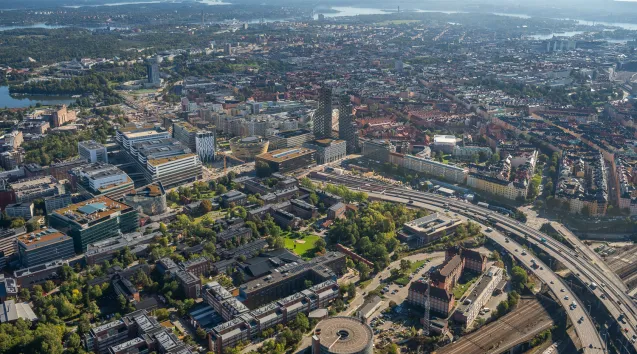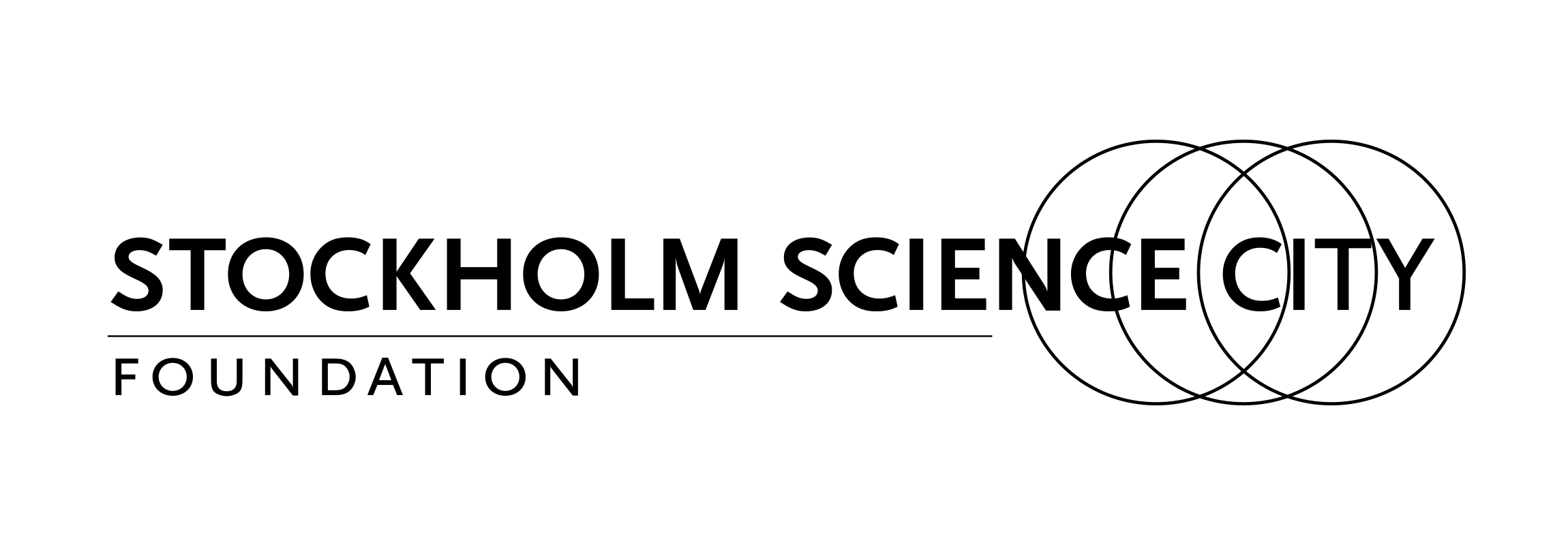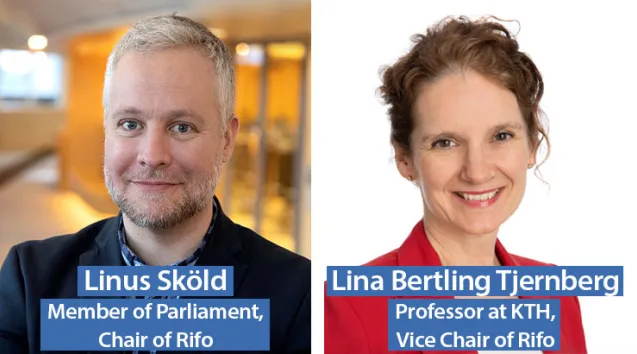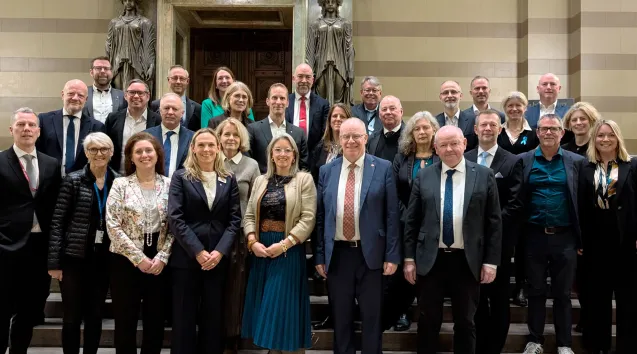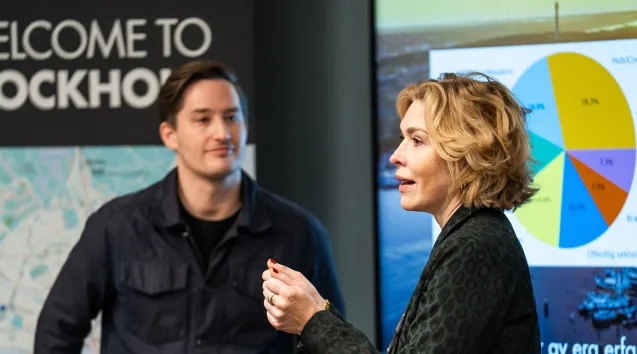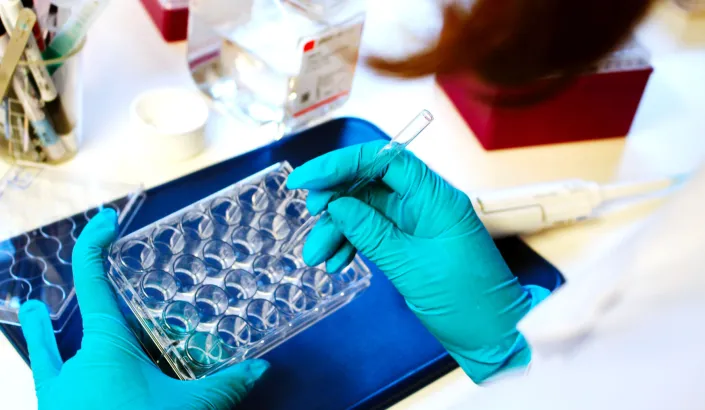Maximising precision medicine through AI models
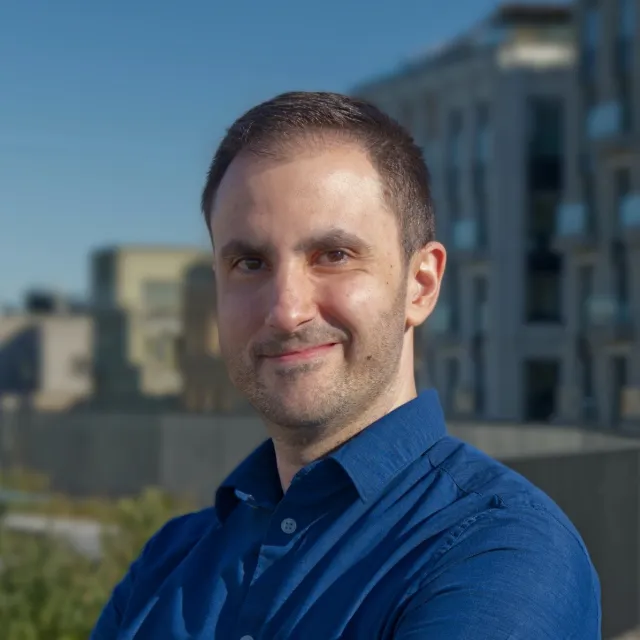
Precisium AI builds large AI models to understand diseases at a systems level—from cells to organs.
“Our vision is that every patient group should receive the right treatment by combining biology and AI. We have a unique structure with three pillars: data, atlas, and model, which makes us a complete platform. We aim to become the reference in precision medicine, where high-quality data drives innovation,” says Paulo Czarnewski, CEO and founder. He has also co-founded the Single Cell Omics Community in ELIXIR and orchestrated the work on the Human Developmental Cell Atlas.
How was the idea for Precisium AI born?
“The idea came from personal experience. The founders are researchers with backgrounds in immunology and bioinformatics. We wanted to solve the problem that drug development is slowed down due to a lack of harmonised, clean data.”
According to Paulo, 80% of the time is spent cleaning data before it can be analysed, creating a bottleneck for everyone and causing significant frustration.
Precisium AI aims to free up that time and enable true precision.
What makes your technology and product unique?
“Four key things:”
- Curated Data: Our primary objective is to develop realistic models of health and disease, utilising atlas data from all organs and clinical conditions to identify novel targets for precision medicine.
- Quality over Quantity: “Better is better” – high data quality is the key to good AI.
- Medical Expertise: The team has deep biological knowledge, which many other AI companies lack.
- Efficiency: Our algorithms are up to 20x faster and can be trained on nearly unlimited datasets.
What are the biggest challenges in the industry right now?
“We see four major challenges:”
- Data Fragmentation: Biological data exists in various formats, making it hard to compare and use.
- Lack of Expertise: Highly specialised knowledge is needed to curate datasets of this scale.
- Time Cost: Curation takes up 80% of the time – a major bottleneck for R&D.
- Privacy: Sensitive DNA/RNA data requires robust security and encryption.
What does the future look like for you, and what's next?
“We’re expanding rapidly. We've expanded our database from 120 million to over 600 million cells. We’re going to build atlas portals—interactive solutions that will become the industry standard.”
Paulo shares that they are setting up partnerships through more collaborations with pharmaceutical companies and research institutions in the EU and the US.
“We also aim to establish ourselves as the global reference for data and models in precision medicine.”
You’re based in Forskaren – how does being in Hagastaden impact your work?
“There are several advantages. The ecosystem, with its proximity to Karolinska Institutet, biotech companies, and academia, makes it a dynamic environment. The network, where we meet other innovators daily, encourages collaboration. The visibility that comes with being in the heart of the life science cluster strengthens our position. Ongoing access to new research and cross-disciplinary meetings inspires.”
Do you have a favourite spot in Hagastaden?
“Both our own hub in the Forskaren building and Hagaparken. In the former, ideas are born and grow. And the park’s green spaces are perfect for recovery and reflection.”
Current news from Stockholm Science City
